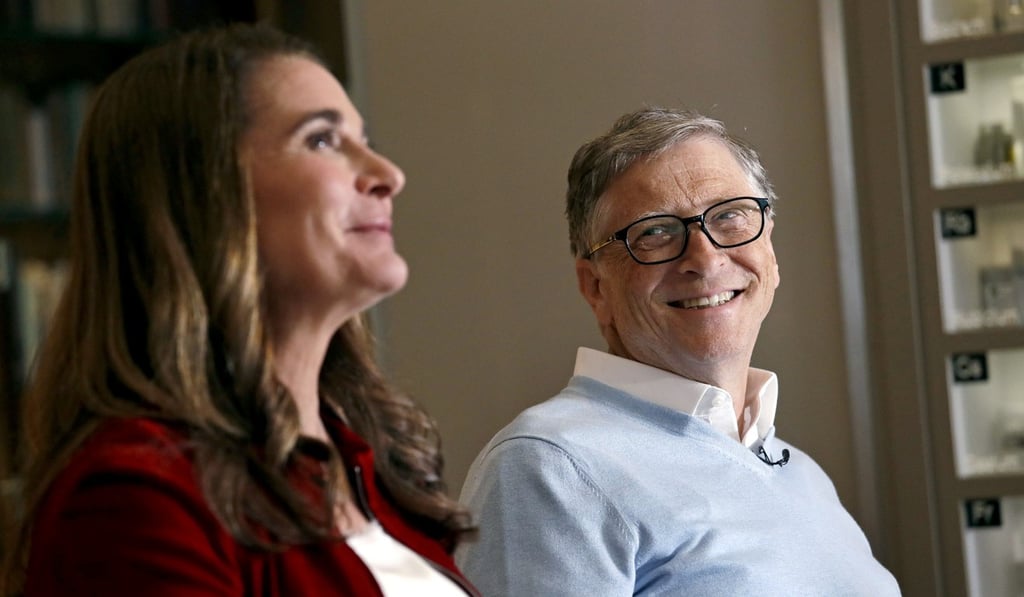Climate change isn’t bad for everyone – disease-carrying mosquitoes may be heading for a heyday
- Mosquito-spread diseases claim millions of lives each year and remain an economic drag on poor countries. And, despite years of efforts to eradicate the insects, environmental mismanagement may be making humans more vulnerable

This is not just because they, too, have been around for a very long time (found locked in amber from millions of years ago). Nor because they, like cockroaches, will thrive and spread as rising temperatures widen their survival range further north and south from the equator.
But because global warming will simply enhance their capacity to kill and debilitate humans around the world, perhaps long before seas rise, water supplies fail, or food shortages and migration trigger wars and more subtle forms of fatal conflict.
It was only as I dug into Timothy Winegard's newly published The Mosquito: A Human History of Our Deadliest Predator, that I recognised this “dogged and deadly archnemesis … remains the pre-eminent and globally distinguished killer of humankind”. Hyperbolic, perhaps, but probably true.
After all, 110 trillion mosquitoes means 14,000 for every living person.


